Tips For First Time Buyers
Are you withdrawing funds from your RRSP or retirement account for your down payment?
You are classified as a first time buyer if you have not owned a property in your name over the past 5 years. If this is you and you have a retirement account that you want to withdrawal from, the maximum amount is $60,000 per person, tax free (or $120,000 per couple). Don’t over-withdrawal, or it will result in expensive taxes and fees.
If you have an RRSP that you need to withdrawal under the first time home buyers plan, click here to download the form.
Not all mortgages are created equal. It’s not just about the rate.
Every mortgage has features and perks tied to it such as pre-payment ability, portability, transferability and possible payment holidays. Make sure to always ask your mortgage professional if you have these features available and beware of “restricted mortgages”.
Always get a second opinion.
In this day and age, it is tougher to get approved for what you ideally want. Just like mortgages, not every bank is created equal. Every bank has their own internal guidelines. Some lenders are more lenient then others with reviewing your application. A broker can help you navigate which bank will approve you for the best rate, product and the highest approval amount. There is no charge to use a broker so don’t pigeon hole yourself in only visiting one bank and having one option.
Always get pre-approved!
When your mortgage professional provides you with the maximum qualification amount for your new home, did they review your credit, your income documents and your down payment details? Beware of the quick 60 second online mortgage approvals. They are not accurate and could set you up for failure.
Further to the above, be sure to ask if this approval amount is for the purchase of a single family home, a condo or a town home.
If you intend to purchase a property with condo fees, these amounts need to be included in your monthly debt and this will reduce the maximum approval amount.
Don’t over-borrow and always do your research of what your total closing costs will be.
Aside from the down payment, there are closing costs which are the legal fees, home inspection costs, possible condo document review fees and potential land title transfer fees (province dependent).
